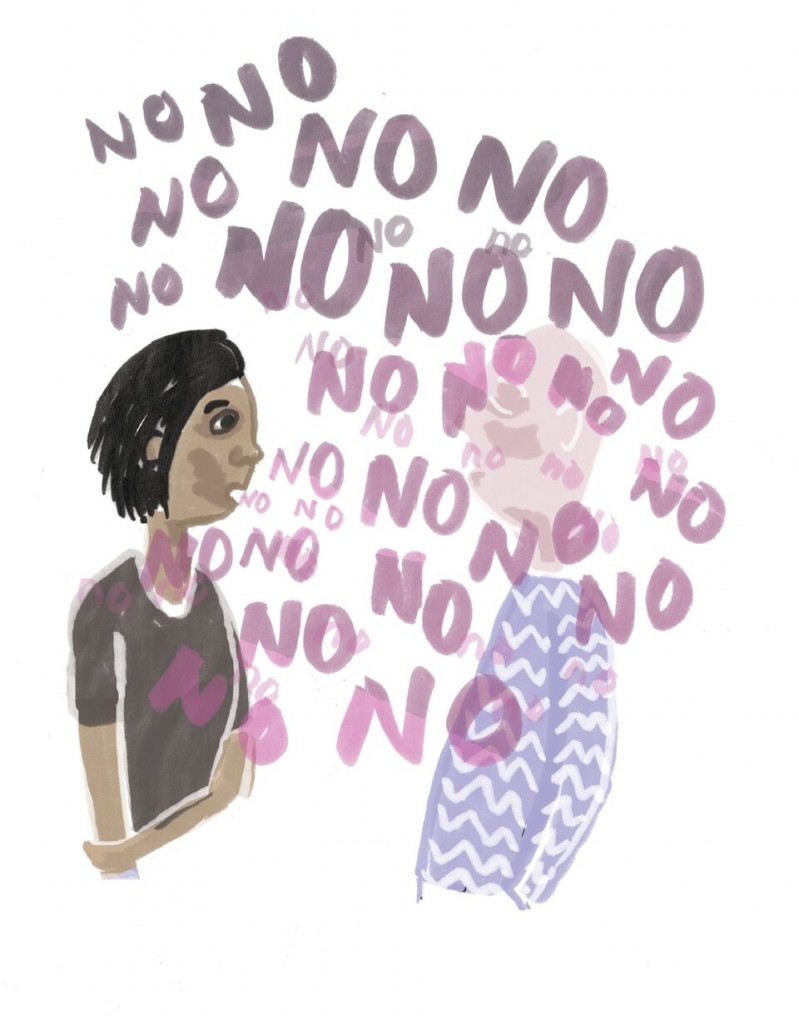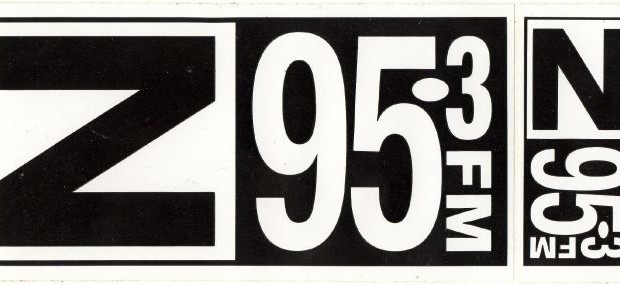
Just say no thanks
By Jillian McMullen, Staff Writer
We’ve all been there: You’re out for some drinks with friends, you’re keeping to yourselves, interested in catching up with people you haven’t seen in a while, and a stranger approaches you. You’re nice for a while, not wanting to immediately write this stranger off as a creep, but at some point, you realize the interaction has lasted long enough and you need to draw a line in the sand. You take the path of least resistance, using the “Oh sorry, I have a boyfriend/girlfriend/S.O.” excuse. However, I’m here to tell you that—despite it seeming like the easiest exit plan—the oldest trick in the book does more harm than good.
Let me first qualify that. If you are in a situation in which you feel threatened, and the person making advances towards you will only acknowledge your rejection by your claim of prior commitment, then do whatever you need to keep yourself safe. However, if you are in an environment which allows for a more heavy-handed rejection, then it is in your best interest to be forthright.
I can personally admit to using the ol’ boyfriend excuse countless times throughout my adult life, and it has definitely been the most effective way of getting some creepy dude off my back on a night out. One little white lie and poof—my would-be Casanova walks away, sometimes even with an apology. No harm, no foul. The problem with making up an imaginary partner as a means to an end is that the means doesn’t really justify the end. Yes, you’ve gotten rid of the person, but at what personal cost? Locating the reason for your rejection in anyone other than yourself totally erases your autonomy within the interaction. It suggests it is not you who is rejecting the person, but rather someone else and importance of your personal consent is ignored based on some imaginary person’s perceived authority over you. Within heterosexual relationships, this kind of thought process reinforces female subjectivity. It shows how the person approaching you respects the authority of a man he has never met (and, as far as he knows, may not even be real) more than the person standing right in front of them.
I think a lot of people use this excuse because they believe the response they ‘d actually like to give is somehow rude. Yes, there are ways of going about being rude when saying “no.” Rejection is, however, a part of dating. Anyone who attempts to participate in it must accept that. Communication is, likewise, a part of dating, and it’s important to be frank about your feelings in all situations. You may not be dating the person who is hitting on you, but you owe it to yourself to practice openly communicating your discomfort and personal autonomy. When I began saying, “No, thanks, I’m not interested” instead of “No, sorry, I’ve got a boyfriend,” I found that I was more honest about my feelings in my actual relationships. Insisting on your personal autonomy emphasizes how relationships are between equals and how you are just as important an actor in one as the other person.
Just remember, it’s not rude to say no—it’s necessary.

